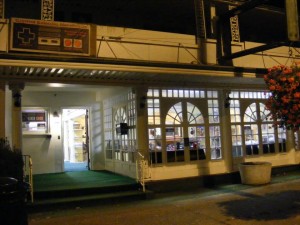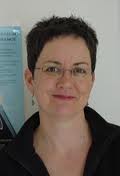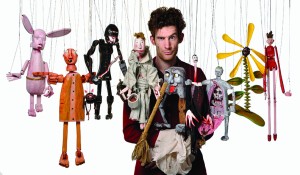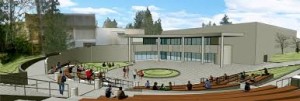 Honoring former Vice President of Student Affairs Art Costantino for his years of service, Evergreen will dedicate the Recreation Center (CRC) as the Costantino Recreation Center. The ceremony falls on Return to Evergreen Saturday – October 19 – between the two Annual Alumni Basketball Games. The women’s game leads off at 1:30 pm to approximately 3:30 pm. The men start immediately after the dedication and should wrap up around 5:30 pm in time to catch the live music and Greener Beer Garden that cap off the day. All activities in the CRC on October 19 are free and open to the public.
Honoring former Vice President of Student Affairs Art Costantino for his years of service, Evergreen will dedicate the Recreation Center (CRC) as the Costantino Recreation Center. The ceremony falls on Return to Evergreen Saturday – October 19 – between the two Annual Alumni Basketball Games. The women’s game leads off at 1:30 pm to approximately 3:30 pm. The men start immediately after the dedication and should wrap up around 5:30 pm in time to catch the live music and Greener Beer Garden that cap off the day. All activities in the CRC on October 19 are free and open to the public.
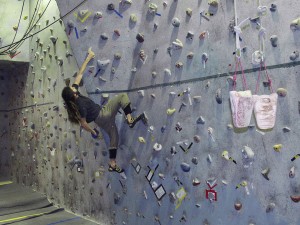
Evergreen’s climbing wall.
Art was an avid supporter of the Recreation and Athletics Program at Evergreen. Under his leadership, intercollegiate basketball came to Evergreen, opening up a new college pathway for student athletes seeking a strong liberal arts education.

The swimming pool is a central part of Evergreen’s fitness and wellness program.
The CRC is home to an astounding array of activities from ballet to martial arts. Academic programs are frequent users of the several dance studios. There are racquetball / handball courts, a wide array of cardiovascular fitness machines and a large, well- equipped weight room.



 Troy was comics editor for the Cooper Point Journal (CPJ) last year. Among his many published works is a riff on “Schrodinger’s Cat,” a fundamental principle of quantum mechanics that states a physical system such as an electron – or a cat – exists partly in all its particular theoretically possible states simultaneously until it is observed, at which time it exists only in the state corresponding to the exact instant of observation. Don’t see the humor? Look what Troy does with the concept.
Troy was comics editor for the Cooper Point Journal (CPJ) last year. Among his many published works is a riff on “Schrodinger’s Cat,” a fundamental principle of quantum mechanics that states a physical system such as an electron – or a cat – exists partly in all its particular theoretically possible states simultaneously until it is observed, at which time it exists only in the state corresponding to the exact instant of observation. Don’t see the humor? Look what Troy does with the concept.

